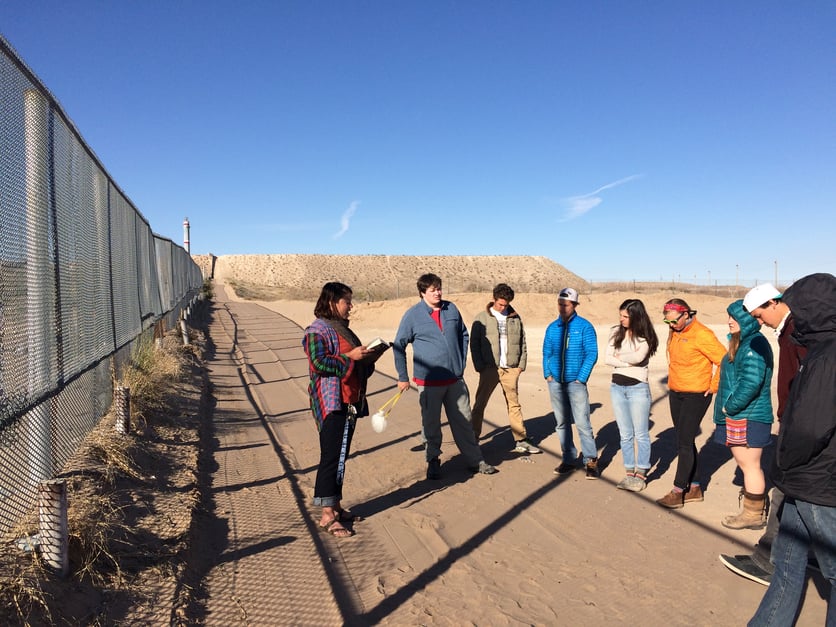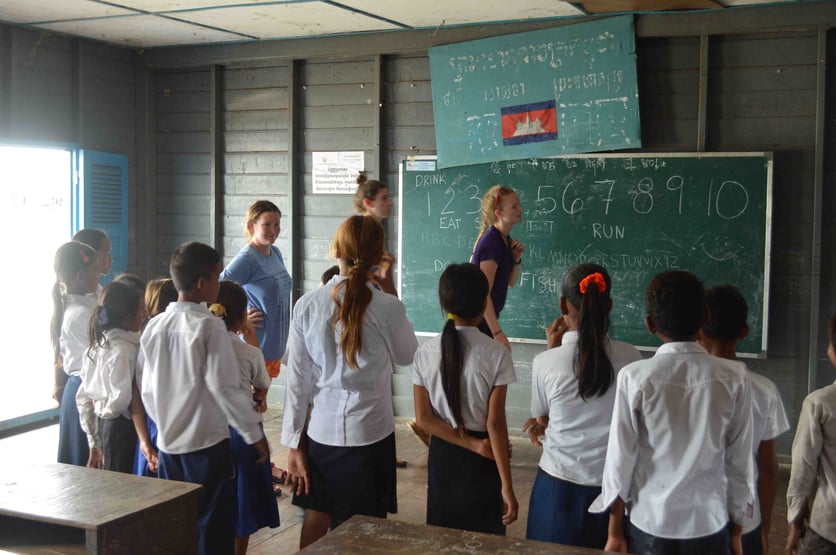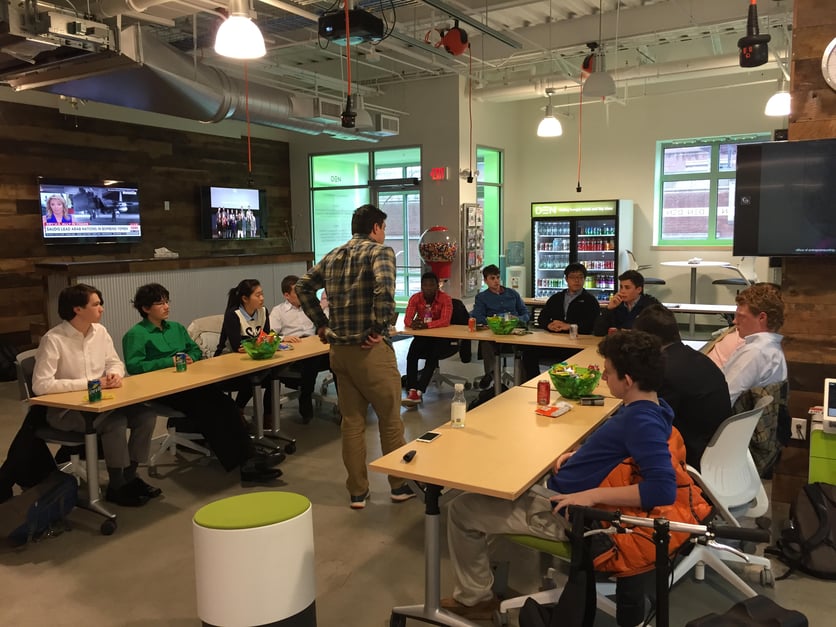Bryan Stevenson gave the keynote address at the annual NAIS conference in San Francisco this past Friday morning. His hour long address passionately wove his life's story with narratives of injustice that permeate our society. Each of us in the audience were moved not only by the power of his oratory skills, but by his challenge to help our schools get ‘real’ with injustice.
Stevenson highlighted the power of proximity when dealing with injustice, noting we must get close to the parts of our community where there is despair, poverty and pain in order to truly affect change. As he spoke of the injustice he witnesses on a daily basis in the prison system, he implored us to, “Change the narratives around the condemned, and the politics of fear and anger. When you are afraid and angry, you will tolerate cruelty, abuse, and anger. We must change this narrative for our children because hopelessness is the enemy of justice.”

As Stevenson spoke of injustice within under-privileged communities, the uncomfortable dichotomy of living and working at an independent school flooded the room. How can we live and learn in a place that resonates hope from every corner of the community when there is such injustice all around us? Our world feels so far removed from the injustice Stevenson discusses, but it is within this setting of hope that his notion of proximity becomes that much more important. Our students may not face the same types of injustice others in less fortunate surroundings experience, but they still have the opportunity to affect real change in the world. It is our responsibility to prepare them for that opportunity.

A more traditional approach to education would have us talk about real world issues. We would have our students prepare debates to critically evaluate the merits of proposed solutions to these problems. We would have speakers come to campus to share about the injustice around the world as a theoretical concept. And, yes, there is value in bringing these issues to light in this way. It helps our students have a foundational understanding of issues, but at Proctor we believe education should be leveraged as a way for students to gain proximity to real world issues.

Proximate learning does not occur without risk (both physical and emotional), but it is when students are living their education alongside the issues they are studying that worldviews are transformed. This is happening daily within the Proctor community. It happens when Mountain Classroom talks to recent immigrants in El Paso at the Annunciation House and when Summer Service trips work hand in hand with La Limonade in Guatemala. It occurs when Globalization students join with an Egyptian high school class to discuss politics of the Middle East and Social Entrepreneurship teams develop business models with dual bottom lines. Proximity is present when Environmental Science and Environmental Literature classes partner with Permacity Life to help revitalize the city of Franklin. It will happen all over the country in a few weeks when Project Period takes place, and it happened on Ocean Classroom this past fall.

As we enter Spring Break at the end of the week, we will each find time to reflect on the the past term and the learning that took place in our respective corners of the Proctor community. During that reflection, we encourage you to keep Stevenson’s words at the forefront of your mind, “Hope gets you to speak when others say to be quiet. We must find out what challenges our hope and protect it.” At Proctor, we want to empower hope in a generation of young people to be that voice against injustice by providing an education that is willing to get proximate.








